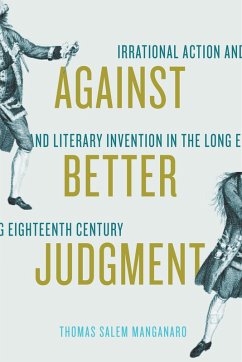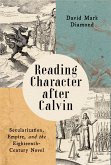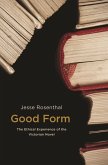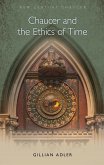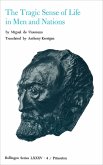Robinson Crusoe recognizes it is foolish to leave for the open seas; nevertheless, he boards the ship. William Wordsworth of The Prelude sees the immense poetic task ahead of him, but instead of beginning work, he procrastinates by going for a walk. Centering on this sort of intentionally irrational action, originally defined as " akrasia" by the ancient Greeks and "weakness of will" in early Christian thought, Against Better Judgment argues that the phenomenon takes on renewed importance in the long eighteenth century.
In treating human minds and bodies as systems and machines, Enlightenment philosophers did not account for actions that may be undermotivated, contradictory, or self-betraying. A number of authors, from Daniel Defoe and Samuel Johnson to Jane Austen and John Keats, however, took up the phenomenon in inventive ways. Thomas Manganaro traces how English novelists, essayists, and poets of the period sought to represent akrasia in ways philosophy cannot, leading them to develop techniques and ideas distinctive to literary writing, including new uses of irony, interpretation, and contradiction. In attempting to give shape to the ways people knowingly and freely fail themselves, these authors produced a new linguistic toolkit that distinguishes literature's epistemological advantages when it comes to writing about people.
Dieser Download kann aus rechtlichen Gründen nur mit Rechnungsadresse in A, D ausgeliefert werden.

